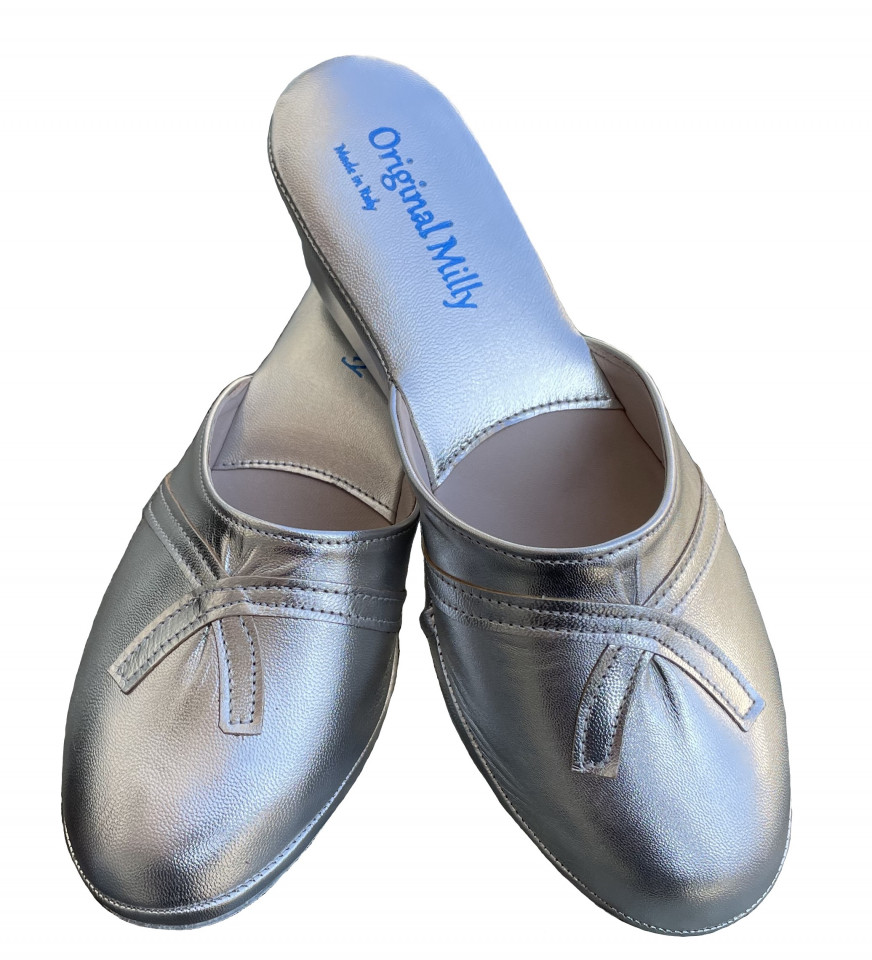
Pantofole eleganti artigianali da camera per donna in nappa vera pelle – Tagliavini S.n.c. di Nannini Morena & C. Via Cairoli 41 Pescia (PT) P.IVA 00362880478

Pantofole artigianali egiziane Horus pantofole tradizionali fatte a mano in vera pelle con suola in pelle|Pantofole| - AliExpress

Ciabatte artigianali in pelle marroni con decorazioni multicolor A-Kassimi (calzano n. 36/37) - Vinted

Milly 3500 Ciabatte da Camera per Donna Pantofole per casa – Tagliavini S.n.c. di Nannini Morena & C. Via Cairoli 41 Pescia (PT) P.IVA 00362880478

Neck Mate - Asolo - Pantofole Artigianali Donna - Ballerina in Lana Cotta Intrecciata - Grigio Medio - Avvenice

Pantofole eleganti artigianali da camera per donna in nappa vera pelle – Tagliavini S.n.c. di Nannini Morena & C. Via Cairoli 41 Pescia (PT) P.IVA 00362880478

Magnus Esclusive Pantofole Uomo in Pelle da Viaggio con Custodia Artigianali Nuove Made in Italy : Amazon.it: Moda



















